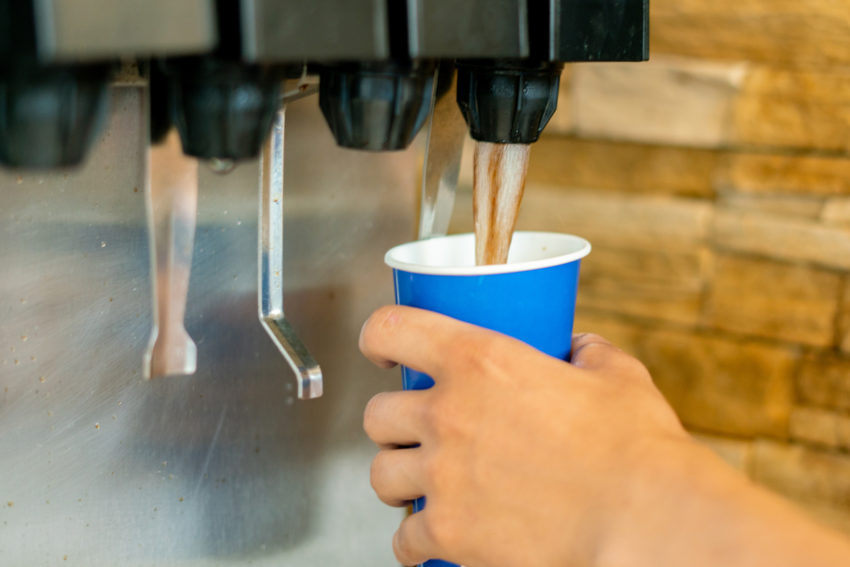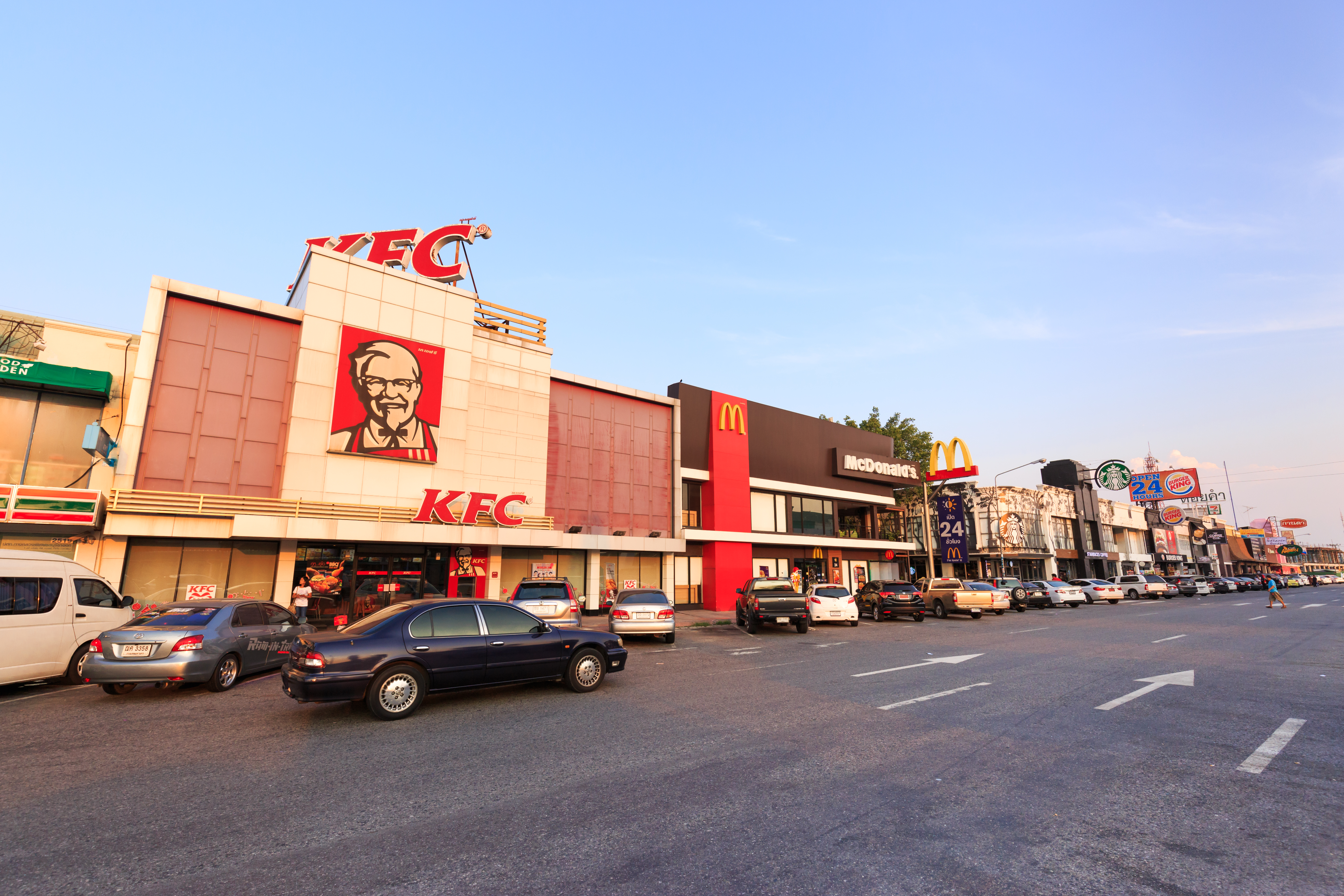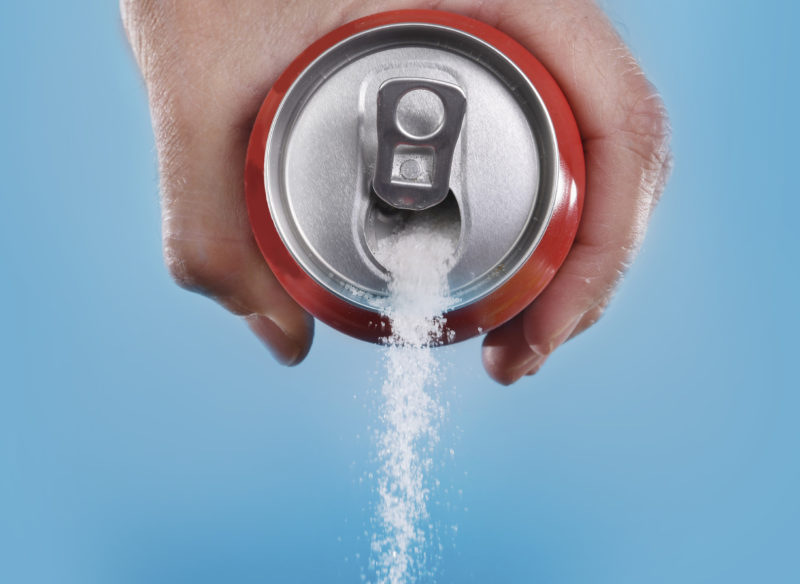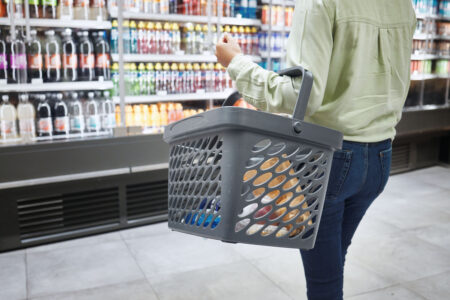
Share On Social!
In October 2019, Philadelphia Mayor Jim Kenney signed a new law that requires restaurants to make healthy drinks the default drink in kid’s meals, over sugary sodas.
Kid’s meals now will offer a choice of water, nonfat/low-fat milk, or 100% juice.
Sugary drinks are not banned. Instead, customers must specifically request them.
“Ensuring that these healthy beverage options are available to families is a step in the right direction toward the health and well-being of our city’s children,” said City Council Member Blondell Reynolds Brown, who introduced the law, in a statement.
Why Does Philadelphia Need Healthier Kid’s Meals?
About 66% of American children drink at least one sugary beverage a day.
Sugary drink consumption contributes to obesity, diabetes, cardiovascular diseases, and poor oral health.
 In Philadelphia, over 2 of 3 kids are overweight or obese.
In Philadelphia, over 2 of 3 kids are overweight or obese.
In the state of Pennsylvania, more Latino kids ages 10-17 are obese or overweight than white kids (51% vs. 31.2%).
Latino kids ages 2-4 who didn’t consume sugary drinks were 31% less likely to be obese than those with a high intake of sugary drinks, according to a Salud America! research review.
“Most public health experts agree that sugary drinks contribute to the epidemic of diabetes and obesity in America today,” said Dwayne Wharton of The Food Trust in a statement.
The Rising Wave Against Sugary Drinks
Health advocates laud Philadelphia’s new bill promoting healthier drinks.
“We need to continue the proactive approach to improve health disparities seen in our city,” said American Heart Association Community Advocacy Director Jacob Zychick in a statement. “We believe that this legislation is an import step to improve the healthy options that many families purchase in our city.”
Philadelphia is not alone, either.
18 cities and state, including California (39% Latino), have made healthy drinks the default in restaurants.
Even some fast-food restaurant chains—McDonald’s, Wendy’s, Burger King, Subway and Dairy Queen—changed their default kid’s meal drinks to healthy drinks on their own. 85% of chains, however, have not changed.
“Restaurants around the country should join the growing movement of communities saying no to sugary beverages for kids,” said Margo Wootan of CSPI.
More Ways to Reduce Consumption of Sugary Drinks
Philadelphia also has a sugary drink tax.
 These taxes are among five pediatrician-approved recommendations to limit sugary drinks:
These taxes are among five pediatrician-approved recommendations to limit sugary drinks:
- Raise the price of sugary drinks.
- Reduce sugary drink marketing to children and teens.
- Remove sugary drinks from kid’s menus and emphasize healthy drink options. This is what Philadelphia now has done.
- Add accurate nutrition labels and information.
- Hospital should serve as models with policies to limit or discourage purchase of sugary drinks.
Salud America! also created an Action Pack to help school leaders push for Water Bottle Fountains in schools. This can boost access to water for Latino and all kids.
ADD A WATER BOTTLE FOUNTAIN IN YOUR SCHOOL!
Explore More:
WaterBy The Numbers
74
percent
of Latino kids have had a sugary drink by age 2 (vs. 45% of white kids)



